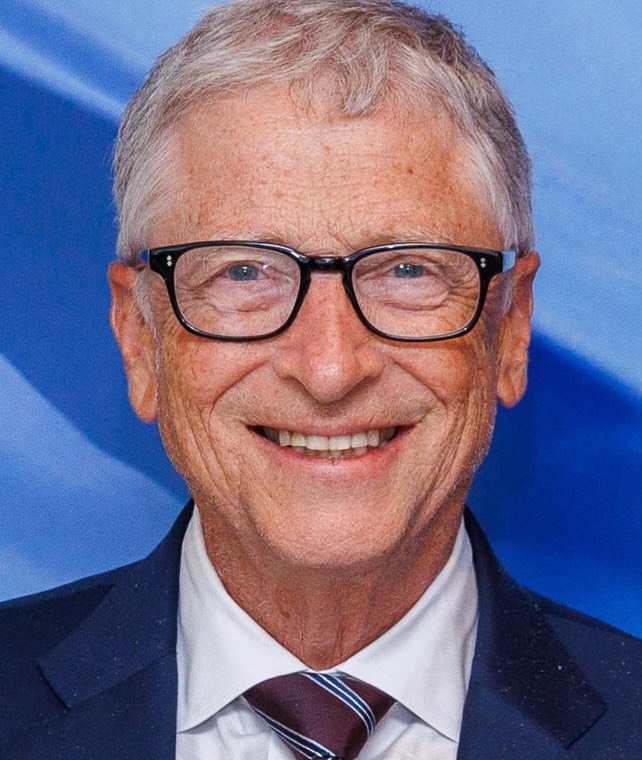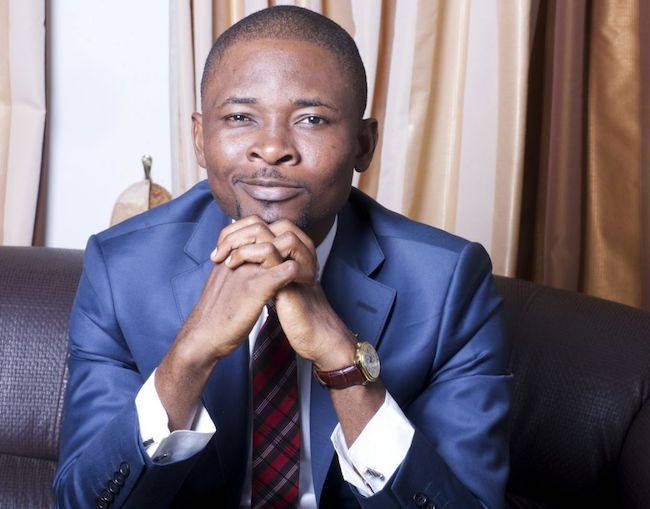It is a lifeline for Nigeria’s states and businesses, contends UMARU J. ABU
Nigeria’s Climate Emergency
Some years ago, when the River Niger burst its banks, Ibaji Local Government Area in Kogi State went under. Rice paddies that had fed families for generations disappeared overnight; schools doubled as emergency shelters; whole communities were displaced. Ojochenemi, a young rice farmer, counted her losses in silence, then said only one thing: “Even if the rains stop, how do I start again? Where do I get money?”
Her question is Nigeria’s question. Climate change is not a far-off debate; it is here, shaping daily life. Floods now swallow our farms North and South, droughts parch our communities, and unpredictable rains push up the costs of food and energy. Estimates warn we may already be losing close to $100 billion every year to climate shocks, and if adaptation does not scale, our GDP could shrink by as much as 11% by 2050.
Yet our response remains underfunded. Nigeria requires $17.7 billion annually to meet its climate goals. In reality, we access less than a tenth of this. Between 2015 and 2021, just $4.93 billion trickled in across 828 projects. The mismatch between what is needed and what is secured is leaving states and businesses dangerously exposed.
Indeed, nowhere is this shortfall felt more acutely than at the subnational level. State governments sit at the frontlines of climate impacts, coping with floods, food insecurity, energy deficits, and rising vulnerability. Yet they are poorly equipped to access international or domestic climate funds.
The barriers are familiar: weak public financial management systems, limited technical capacity to prepare bankable projects, fragmented governance structures, and bureaucratic bottlenecks that frustrate access to multilateral funds like the Green Climate Fund.
Meanwhile, Nigeria’s private sector, especially eco-friendly businesses and green entrepreneurs, faces its own hurdles: lack of information about available finance, limited incentives, and high capital costs. As a result, billions of dollars in global climate finance remain untapped, while states and communities bear the brunt of climate shocks.
The urgency could not be clearer. Climate change is not just an environmental issue; it is an existential economic challenge. It threatens our food security, disrupts livelihoods, and undermines national stability.
This year’s Nigerian Economic Summit (NES #31), themed “The Reform Imperative: Building a Prosperous and Inclusive Nigeria by 2030,” provides a critical opportunity to reset the narrative. If Nigeria’s reform agenda is to succeed, climate resilience and access to finance must be central pillars. Empowering our states and businesses to mobilise climate finance is no longer optional, it is a national imperative.
It is against this backdrop that the Partnership for Agile Governance and Climate Engagement (PACE), with support from the UK Foreign, Commonwealth and Development Office, has developed the Guide to Accessing Climate Finance.
This landmark resource, which is to be launched in partnership with the Nigerian Economic Summit Group, is designed to break down barriers and open new pathways for financing climate action. It offers:
One, a mapping of 93 climate finance sources, with detailed guidance on 18 priority sources most accessible to Nigeria, ranging from the Global Environment Facility and Green Climate Fund to domestic private facilities like Access Bank/JICA and Sterling One Foundation.
Two, Step-by-step strategies to help states and eco-friendly businesses design fundable proposals, meet eligibility criteria, and comply with reporting requirements.
Three, a readiness assessment checklist that enables states to diagnose institutional and financial gaps, and outline reform actions to strengthen their eligibility for climate funds.
In short, the Guide is both a technical manual and a political tool, helping Nigeria’s states and private sector move from aspiration to action in securing climate finance.
The advantages of this Guide are profound:
Unlocking finance at scale: By equipping states with the tools to meet international fiduciary and governance standards, it increases their chances of securing billions from multilateral and bilateral agencies.
Empowering the private sector: Green businesses can leverage the Guide to identify financing windows, from concessional loans to climate bonds, and attract investors.
Strengthening reforms: By embedding climate finance into state planning and budgeting frameworks, the Guide reinforces Nigeria’s Climate Change Act, Nationally Determined Contributions (NDCs), and development priorities.
Driving inclusion: The Guide also highlights the importance of inclusive climate governance, ensuring that women, youth, and vulnerable communities are not left behind in the green transition.
On Monday, October 6, 2025, at the Transcorp Hilton in Abuja, the Guide will be officially launched during NES #31. The session, convened by PACE and NESG, will bring together Ministers, Governors, development partners, and investors to endorse and adopt the Guide as a national resource.
This launch marks a decisive turning point in Nigeria’s climate finance journey. It signals the country’s readiness to confront the climate challenge with seriousness, to reform its institutions, and to mobilise the financing required for resilience and green growth.
Nigeria stands at a crossroads. The climate crisis is already here, but so too are the opportunities. With the right tools, reforms, and partnerships, we can transform climate finance from an elusive goal into a driver of resilience, jobs, and inclusive prosperity.
I call on state governments to embrace the Guide and commit to the reform actions necessary to unlock climate finance. I urge the private sector to seize the financing windows outlined in the Guide to scale renewable energy, climate-smart agriculture, and resilient infrastructure. And I appeal to development partners to rally behind this framework, investing not just in projects but in Nigeria’s capacity to deliver lasting change.
The future we seek, one of resilience, sustainability, and prosperity, depends on the choices we make today. Unlocking climate finance is not just about protecting the environment. It is about securing Nigeria’s economic survival and ensuring that our children inherit a nation equipped to thrive in a climate-challenged world.
 Dr. Abu is the Federal Lead of the Partnership for Agile Governance and Climate Engagement (PACE) Programme, based in Abuja.
Dr. Abu is the Federal Lead of the Partnership for Agile Governance and Climate Engagement (PACE) Programme, based in Abuja.


















Leave a comment